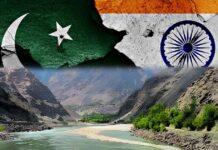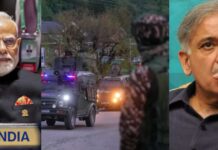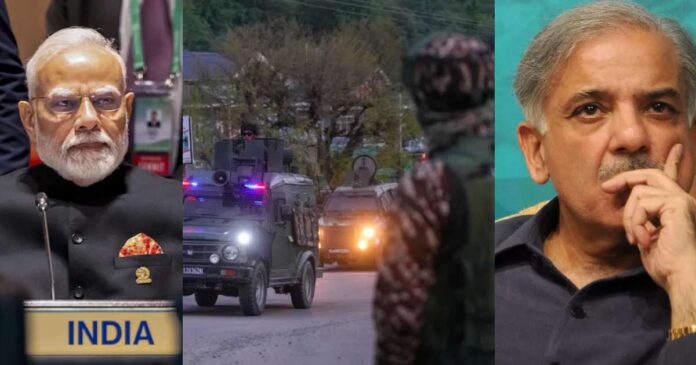India and Pakistan were never on good terms. Tensions were always present, yet for the past six decades, both nations have cooperatively managed the Indus Water Treaty (a vital resource for both nations). But now, post-Kashmir attack on April 23, India has done the unthinkable.
Signed in 1960, the treaty not only divided the waters of the Indus basin between the two countries but, more remarkably, outlasted multiple wars, terror attacks, and nuclear brinkmanship. It was a miracle of diplomacy.
That miracle may now be over.
In the wake of a horrifying terrorist attack in Kashmir that killed 26 people (25 of them Indian tourists), India has suspended its participation in the treaty. The reason given is: a response to terrorism, a symbolic break from decades of restraint. But the implications go well beyond symbolism. The consequences could be devastating—for Pakistan, for India, and for the entire region.
| Disclaimer: The views expressed in this op-ed are those of the author and do not reflect the official stance of any government or institution. |
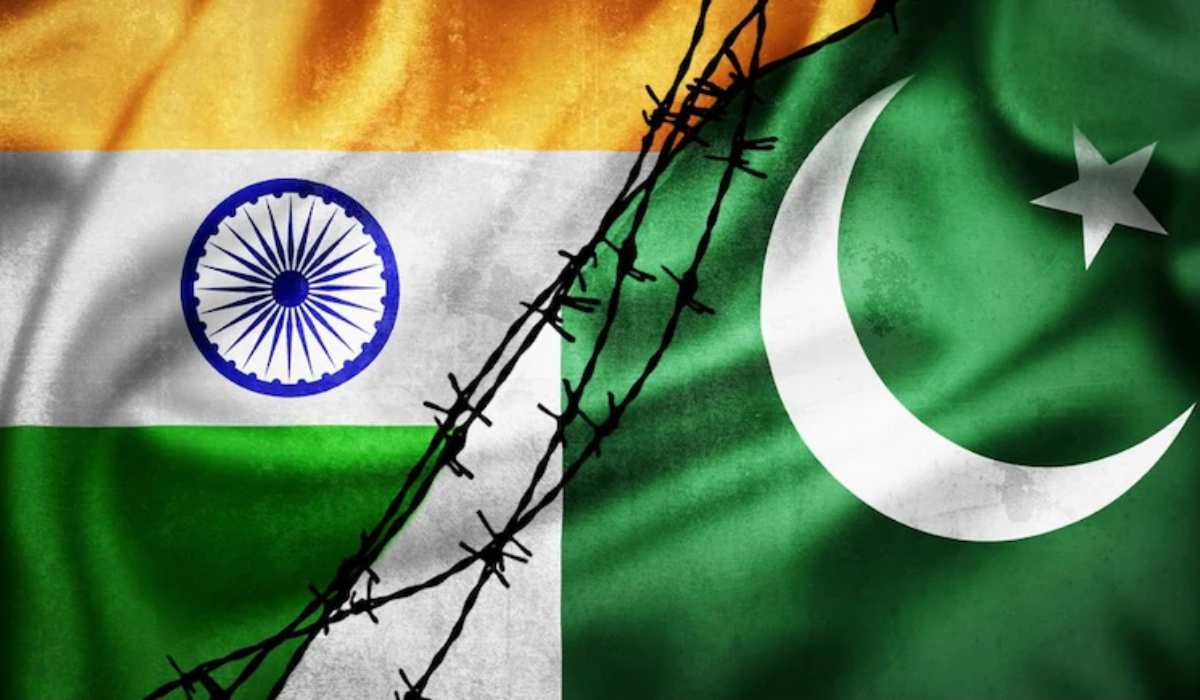
Water Should Never be a Weapon
Water is not just a resource, it is the foundation of life! It irrigates crops, fuels power grids, and sustains entire ecosystems. In Pakistan, where the Indus River system feeds nearly all of the country’s agriculture, the treaty’s suspension has sparked understandable alarm. But this is not just about Pakistan.
India also relies on the balance that the treaty has maintained. Disrupting that equilibrium risks cascading consequences: diplomatic fallout, economic uncertainty, environmental instability. It also introduces a dangerous precedent into global geopolitics. One where water becomes just another tool in the arsenal of retaliation.
The decision to suspend the treaty doesn’t just harm the other side; it threatens the stability and credibility of the entire region. It says that even sacred agreements can be cast aside in moments of rage or grief.
Read More: India To Close Main Border Crossing With Pakistan After Kashmir Attack
Beyond Blame: A Shared Responsibility
It is tempting in times of tragedy to look for villains. But diplomacy demands more than blame. It demands perspective.
Yes, the attack in Kashmir was horrific. The loss of innocent life is always a tragedy, and outrage is justified. But Pakistan is not a monolith. We are a nation of over 240 million people, the vast majority of whom want peace and prosperity, just like their neighbours. Pointing fingers at an entire country, or allowing tragedy to justify sweeping retaliation, leads us down a road of perpetual hostility.
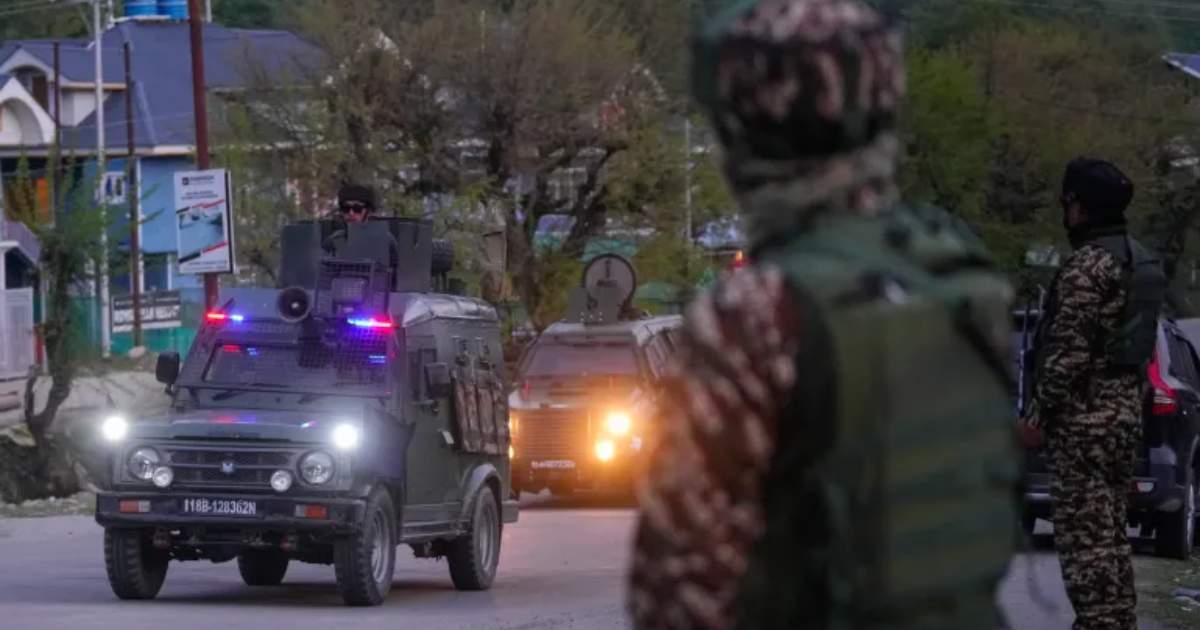
This region, which is so rich in culture, history, and human potential, deserves better than endless cycles of accusation and reprisal. The suspension of the treaty is not just a political manoeuvre; it’s a retreat from the principles of coexistence that the treaty itself embodied.
What’s at Stake isn’t Just Water
The Indus Waters Treaty was about more than river allocations; it was about trust- about believing that even in the darkest moments, dialogue and cooperation could prevail.
If that trust breaks down, what comes next? Will other treaties and agreements fall under a similar threat? If water, the most essential and non-negotiable of shared resources, becomes politicised, what hope is there for more complex issues like trade, migration, or climate change?
We cannot afford to normalise this kind of brinkmanship, not when the costs are measured not in political capital, but in crops lost, homes flooded, and futures dimmed.
A Call for Peace and Unity
India is a regional leader. With that role comes the responsibility to lead with foresight, not just force. The suspension of the Indus Waters Treaty may satisfy immediate political impulses, but it undermines the very architecture of peace that has taken generations to build. Now, more than ever, both India and Pakistan must find the courage to turn back to the table—not walk away from it.
Water must flow freely, not just through rivers, but through channels of communication and understanding. If there’s ever been a moment for diplomacy to prove its worth, it’s now.
Stay tuned to Brandsynario for the latest news and updates.








